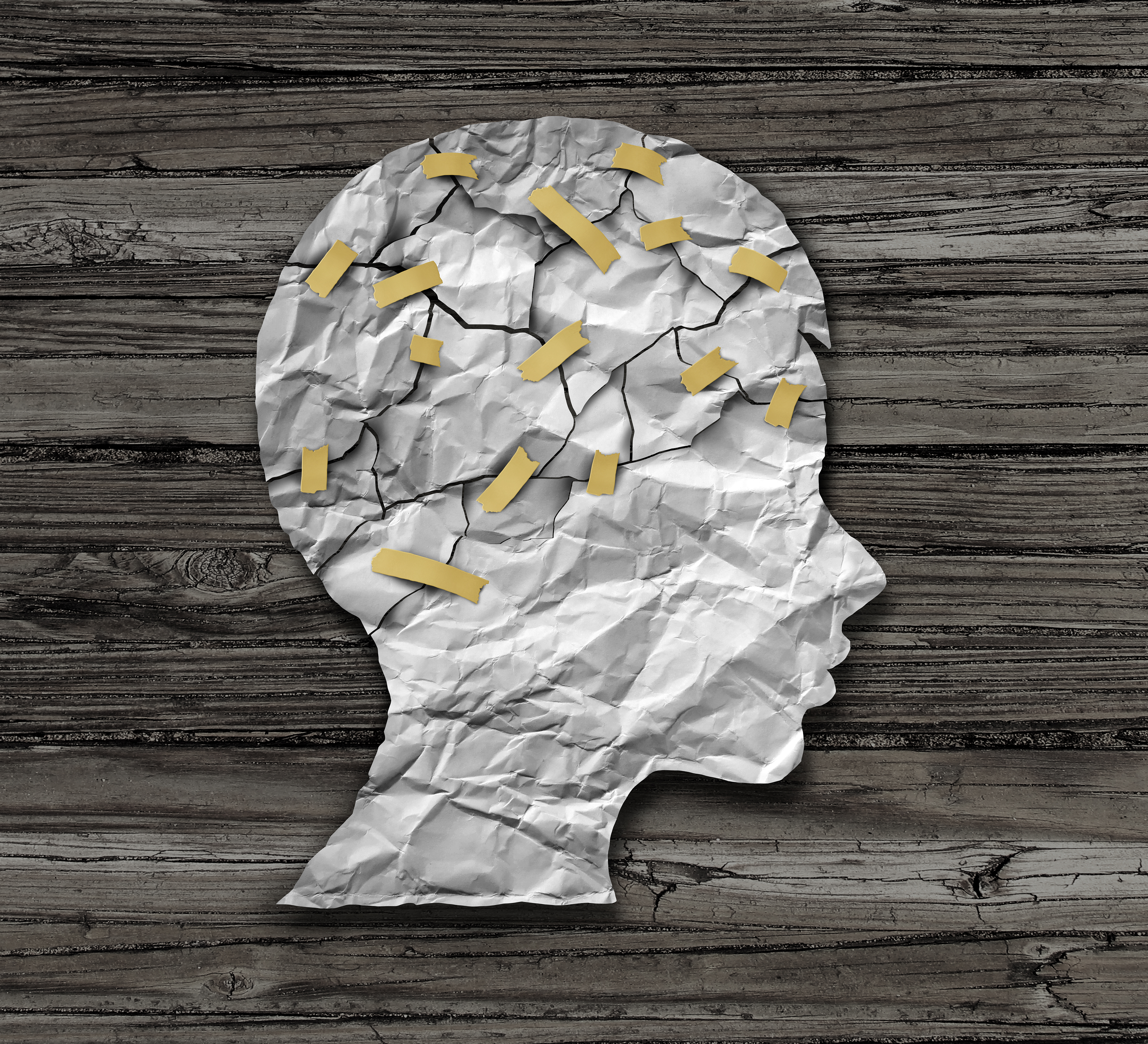MR-301 is a novel formulation of a well known NMDA-antagonist for Traumatic Brain Injury.
Traumatic brain injury (TBI), is a devastating condition wherein the disruption of normal function of the brain occurs. It can be caused by a bump, blow, or jolt to the head, or penetrating head injury. TBI can be mild, moderate or severe, depending on the extent of damage to the brain. Mild cases may result in a brief change in mental state or consciousness, while severe cases may result in extended periods of unconsciousness, coma or even death. The Glasgow Coma Scale (GCS) is commonly used for classifying TBI severity based on person's level of consciousness on a scale of 315 based on verbal, motor, and eye-opening reactions to stimuli. In general, it is agreed that a TBI with a GCS of 13 or above is mild, 9to12 is moderate, and 8 or below is severe. Moderate to severe TBI patient sequentially pass through various state of disorder of consciousness, such as coma, vegetative state(VS) and minimally conscious state(MCS) and then finally get emergence state(complete recovery). These stages are defined based on their consciousness parameters, such as sleep-wake cycle and awareness, as well as motor behaviour. In coma, there is absense of sleep-wake cycle, awareness and motor behaviour and all these parameters get improve as patient move towards emergence.
The pathophysiology of TBI depends on damaged area of the brain and the extent of damage caused by the trauma. Diffuse axonal injury (DAI), involves shearing and stretching of axons throughout the brain and brainstem, is believed to be a major component of TBI. Most neurological deficits and disorder of consciousness are directly related to anatomical damage of neurons, but disruption of neuronal plasticity also plays a role. The acute phase of recovery from severe traumatic brain injury is characterized by a brief period of neuronal excitability followed by a longer period of hypoexcitability, involving depletion of multiple neurotransmitters. The dopaminergic pathways in the brain are believed to be most vulnerable to injury due to anatomic properties of the system.
There is no approved therapy of TBI and Disorder of conscious yet. Only around 24% of VS traumatic patients and 50% of MCS patients improve spontaneously at a one-year follow-up. Off-label usage of stimulants in vegetative state and minimally conscious state are common wherein more than 80% of VS-MCS patients that have responded to stimulants have received a dopaminergic agent. TBI is a devastating condition with high morbidity and mortality. 2.87 million TBI-related emergency department visits, hospitalizations, and deaths occurred in the United States and currently there is a potential unmet need of approved therapy for treatment of them.

